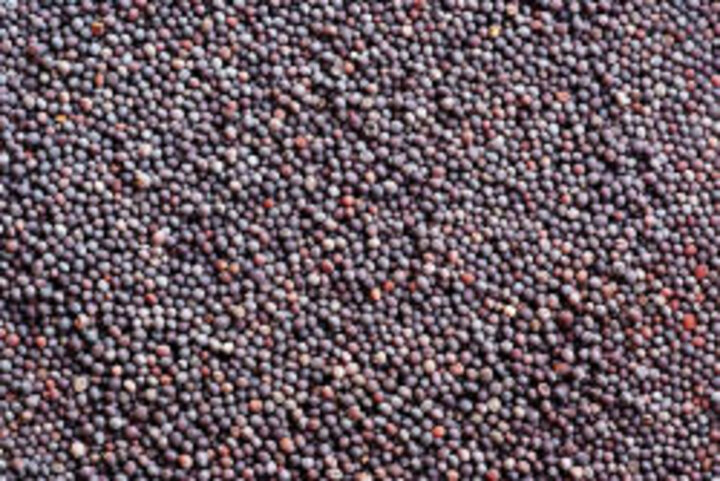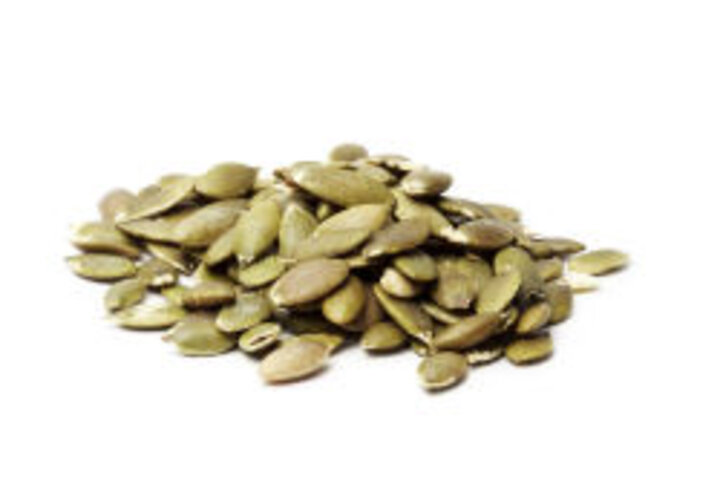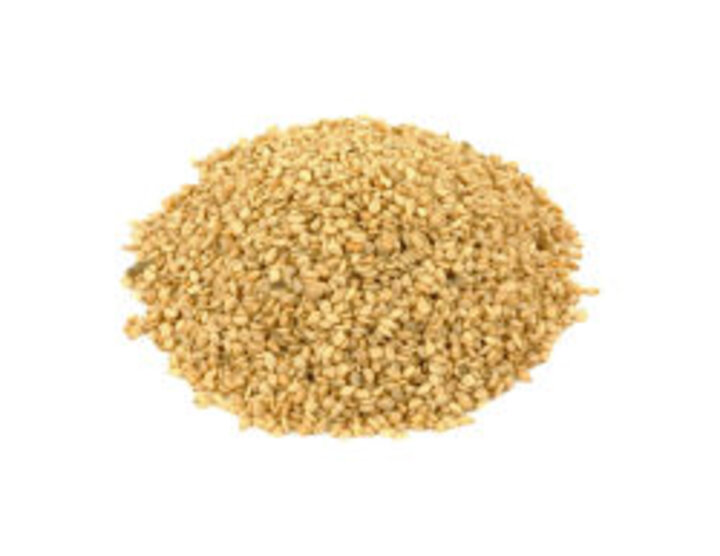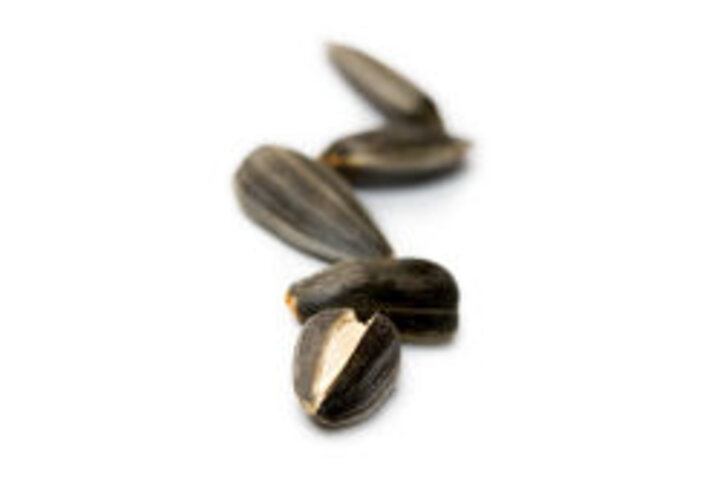Seeds are commonly used as whole seeds (e.g. baked goods, muesli), milled (e.g. mustard, buckwheat) or as ingredients in a range of forms including seed oils. Major allergens of seeds belong to the seed storage proteins (vicilins, legumins, albumins) and are often highly abundant. They are heat stable and thus also present in processed and heated foods. Symptoms of allergies to seeds often display severe, sometimes life threatening systemic reactions.
Buckwheat is often used as a wheat flour substitute in baked goods. Since it is botanically unrelated to cereals, it can be usually tolerated by individuals with wheat allergy and celiac disease. Symptoms may range from skin reactions to occasionally severe anaphylactic reactions. The apparent incidence of buckwheat allergy is higher in countries such as Korea and Japan.
Mustard Seed is a condiment produced from a range of different plant seeds belonging to the family of Brassicaceae. The broad usage of mustard and its seeds in processed foods may range from baby food and pickled vegetables to instant soups. Allergy to mustard triggers often severe reactions of the skin, the gastrointestinal tract and systemic anaphylactic responses. Labeling of mustard is mandatory in Canada and Europe.
Sesame is used in the form of whole seeds or processed as sesame paste and oil. In recent years sesame allergy has been reported leading to skin, respiratory and gastrointestinal reactions, often triggering severe systemic anaphylactic responses14,15. Consumers may be exposed to sesame allergens not only through foodstuffs, but also through pharmaceutical and cosmetic products in which sesame is sometimes used. Labeling of sesame in foods is mandatory in the EU, Canada and Australia / New Zealand.
Other allergenic foods include poppy seed, pumpkin seed and sunflower seeds.
For more detailed information on these foods please follow the links:





